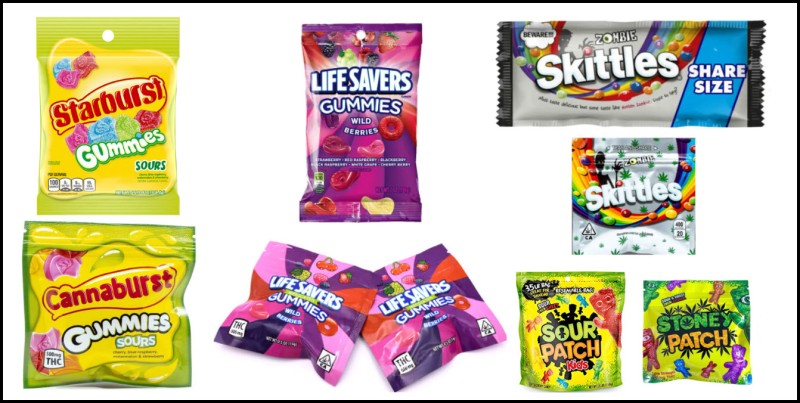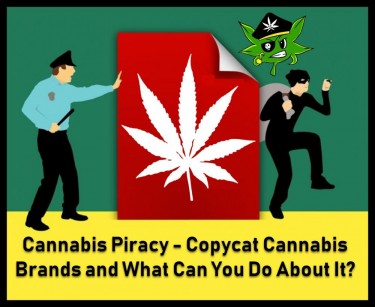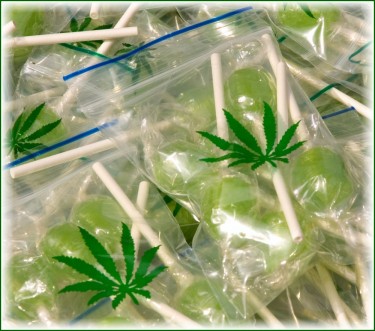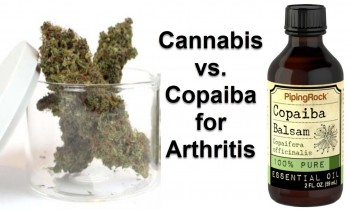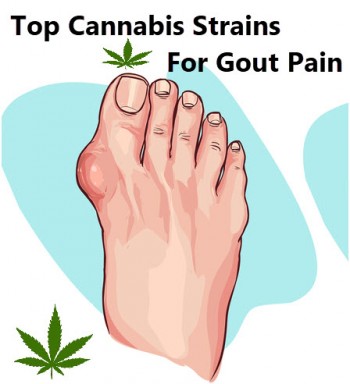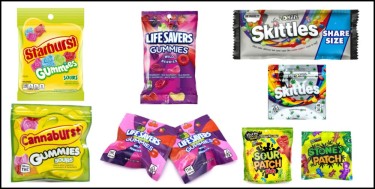
Top food brands are out to get THC copycat products and they are pressuring Congress to do so quickly. A number of THC brands operate a marketing structure where the products have names similar to that of popular brands. This leads to mistakes on the part of many consumers who buy the products not realizing it contains THC. Many of these mistakes further cause health issues with some who guest too much. Read on as we explore what these top food brands are agitating for and the possible backlash on producers of such THC copycat products.
THC Copycat Products
Copycat cannabis products have grown in prominence over the years in the United States. Different cannabis regulations from state to state helped them in achieving this prominence coupled with the traditional names they carry. Some of the products are copycats in terms of packaging as they are packaged to look like common junk food such as Oreos and Cheetos. It takes close observation and dexterity to be able to tell the difference most times which incidentally is what the producers are banking on.
One example of such copycat products is Stoneos which is a copycat of the popular Oreos. The product is very explicit to show that it’s a copycat product of the original Oreos through its packaging. Other copycat products however are more subtle in mimicking popular brands. The packages rarely contain the name of a manufacturer which makes tracing such products hard. This leaves these products room to invade the market and deceive unsuspecting consumers into purchasing them.
The Coalition of Top Food Brands Against THC Copycat Products
A strange coalition of a dozen top food brands has steeped forward to curb the menace of these THC copycat products. Kellogg, Pepsi, and General Mills are at the tip of the spear of this coalition fighting the problem. The coalition is calling on Congress to rise and put adequate sanctions to curb the spread of these THC products. They seek to do this by proposing an amendment to the Shop Safe Act. The Shop Safe Act naturally seeks to reduce the availability of counterfeit products and the coalition wants Congress to classify THC copycat products into this category.
The group of companies recently wrote a letter to Congress where thy carefully stated the loopholes that are allowing the THC copycat products to operate unchallenged. First off according to the letter, the language used by Congress in the Shop Safe Act doesn’t explicitly cover all that can be defined as counterfeit marks. The sales, distribution and advertisement of counterfeit products that implicate health and safety is the language used in the law. This language doesn’t cater to products with copycat packaging and branding because they are not defined as counterfeit marks.
The companies believe that ‘famous’ marks should also be covered under counterfeit marks to stop the plague of copycats. Under the US code, the term ‘famous' marks are used to protect popular brands ad hamper the sale of copycats. This is what the coalition proposed to the Congress in the letter and sought for its speedy amendment. The coalition believes the correction must be effected as soon as possible to curb the growth and prominence of THC copycat products.
Other companies that joined the coalition include The Association for Dressings & Sauces, The Juice Products Association, SNAC International, American Herbal Products Association, and Corn Refiners Association.
Negative Implications of THC Copycat Products
The brands are coming hard on these THC copycat products because of the wide range of negative effects they can have on society. The legal age for recreational marijuana use in most countries is usually set at 21 years as the benchmark. Unfortunately, with the marketing strategy of these products and legal sales in some states, children are unknowingly getting their hands on them. As opposed to the junk food that can cause tooth issues to some of these children, these THC products have more dire consequences.
Some of these children purchase these products because they have the same logos, packaging, color, and trademark as other products. Unknown to them these products contain a high percentage of THC and consuming them in high quantities has serious health consequences. Copycats products pose a great health risk to the safety of different class of consumers including both children and adults alike. Some elderly consumers can also find it hard to tell the difference between some of these products and their copycats. The risk to this class of people is also as dire as that of children because of their reduced metabolic and mental functions.
This loophole in cannabis products must be taken as seriously as that of the illegal sale of cannabis products. It doesn’t stop with famous brands still in circulation as some of these copycats go as far as leveraging on famous brands that have already been removed from the market. One of the challenges also faced in curtailing these copycat products is that they are readily sold on the internet. This makes curtailing their spread more difficult and means that a Congressional resolution might just be the only answer to the problem.
A spokeswoman for Consumer Brands Association has sounded out that some companies are solely producing packaging that looks like that of famous brands. She told Washington Post that some of these companies add subtle stoner jokes and puns to these packaging to further attract their consumers. These spoofed packagings are what the THC copycat producers use to house their drug-infused products. She believes it is high time that something is done by Congress to curb the growth of these activities and protect the populace.
Bottom line
The truth is that the menace of THC copycat products must be stopped due to their health and safety risks. This is what the coalition of top food brands seeks to achieve with this pressure on Congress. Time will tell if Congress agrees with the brands and decides to put necessary measures to curtail the menace.
COPYCAT BRANDING IN WEED, READ MORE...
COPYCAT CANNABIS BRANDING, WHAT BRANDS CAN DO ABOUT IT!
OR..
BIG CANDY VS. BIG CANNABIS - WHO WINS IN THE FUTURE OF PRODUCTS?

